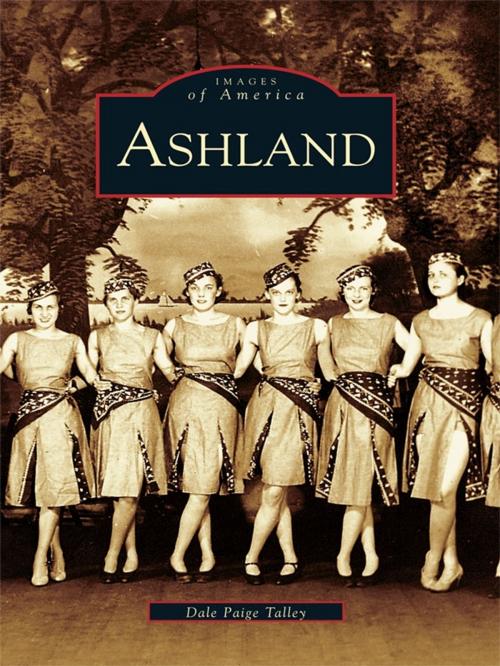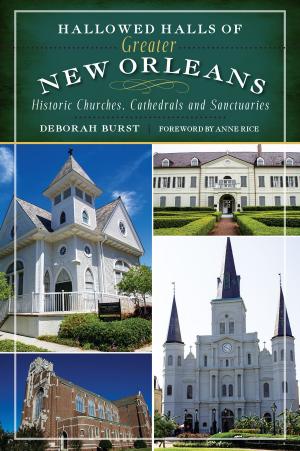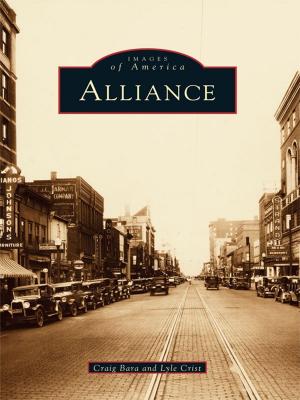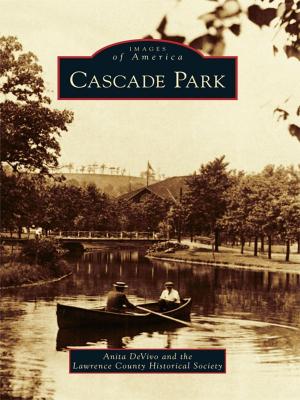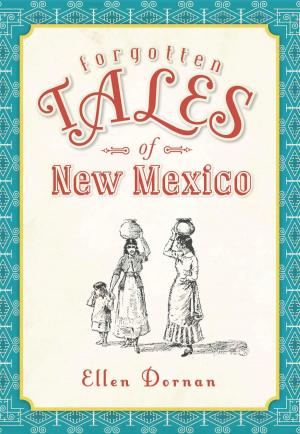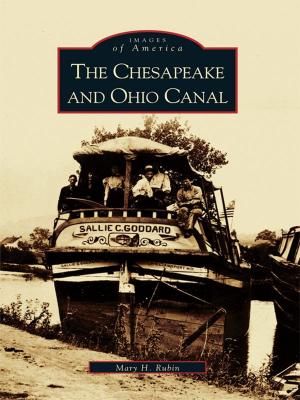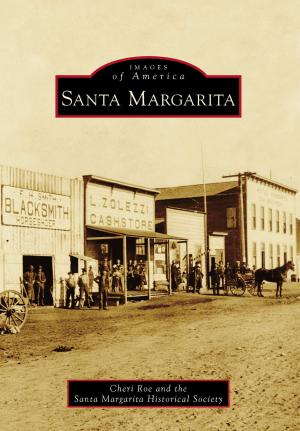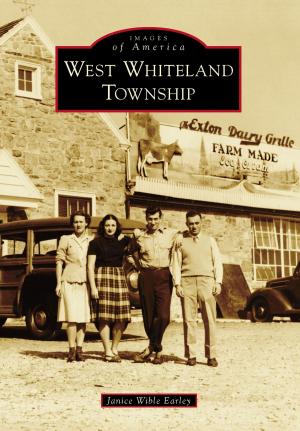| Author: | Dale Paige Talley | ISBN: | 9781439612880 |
| Publisher: | Arcadia Publishing Inc. | Publication: | April 20, 2005 |
| Imprint: | Arcadia Publishing | Language: | English |
| Author: | Dale Paige Talley |
| ISBN: | 9781439612880 |
| Publisher: | Arcadia Publishing Inc. |
| Publication: | April 20, 2005 |
| Imprint: | Arcadia Publishing |
| Language: | English |
In 1837, the Richmond, Fredericksburg, and Potomac Railroad laid its iron-capped wooden rails from Richmond to Aquia Creek. There, passengers could meet a stagecoach that would transport them to the railroad-owned steamship line and cruise up the Potomac to Washington. In between their outset and destination was a boggy, overgrown area known as the Slashes, which seemed the perfect rest stop for weary travelers during the 1850s. The region was renamed Ashland, after native son Henry Clay�s home in Kentucky. By 1867, the Civil War had brought economic collapse and a resultant depression, and as a town that had relied on revenue from gambling, horseracing, and other leisure activities, Ashland faced serious challenges to its very existence. Randolph-Macon College, originally in Mecklenburg County, made a deal with Ashland that would save both the town and the nation�s oldest Methodist college by reestablishing its campus along their railroad tracks.
In 1837, the Richmond, Fredericksburg, and Potomac Railroad laid its iron-capped wooden rails from Richmond to Aquia Creek. There, passengers could meet a stagecoach that would transport them to the railroad-owned steamship line and cruise up the Potomac to Washington. In between their outset and destination was a boggy, overgrown area known as the Slashes, which seemed the perfect rest stop for weary travelers during the 1850s. The region was renamed Ashland, after native son Henry Clay�s home in Kentucky. By 1867, the Civil War had brought economic collapse and a resultant depression, and as a town that had relied on revenue from gambling, horseracing, and other leisure activities, Ashland faced serious challenges to its very existence. Randolph-Macon College, originally in Mecklenburg County, made a deal with Ashland that would save both the town and the nation�s oldest Methodist college by reestablishing its campus along their railroad tracks.
